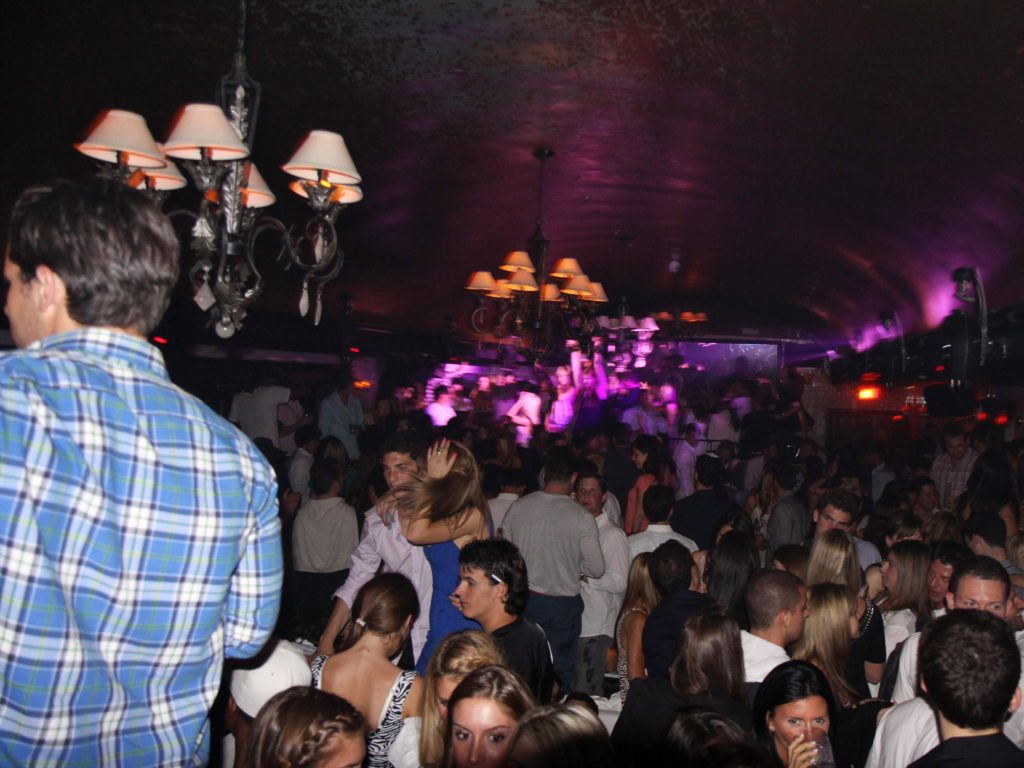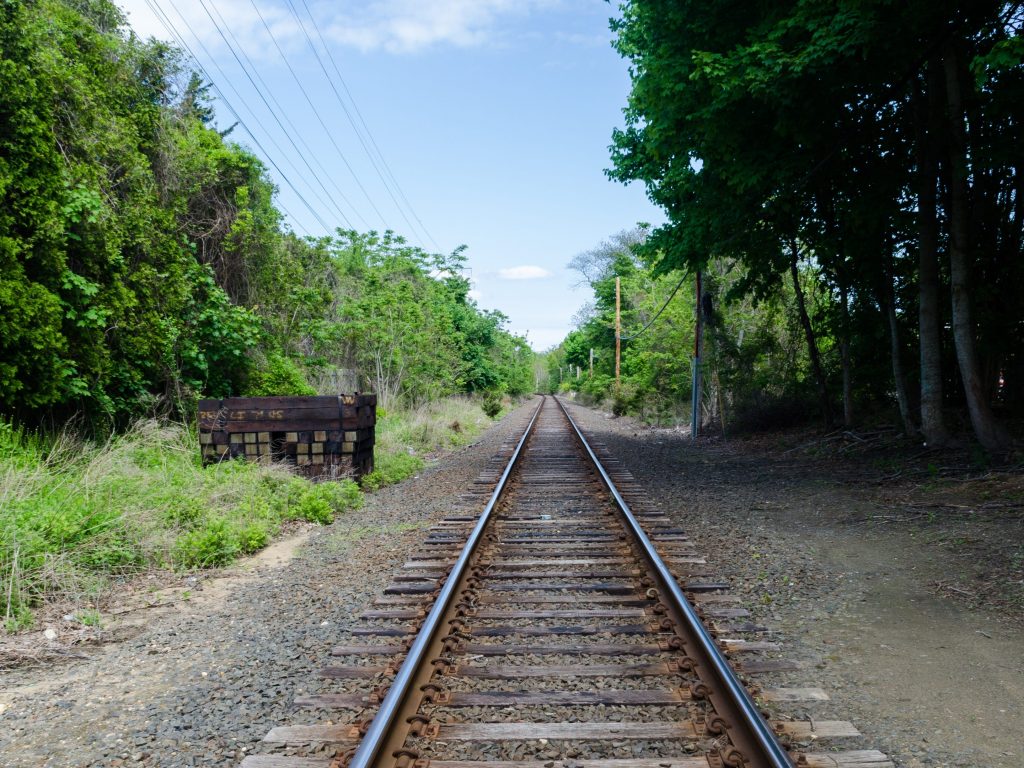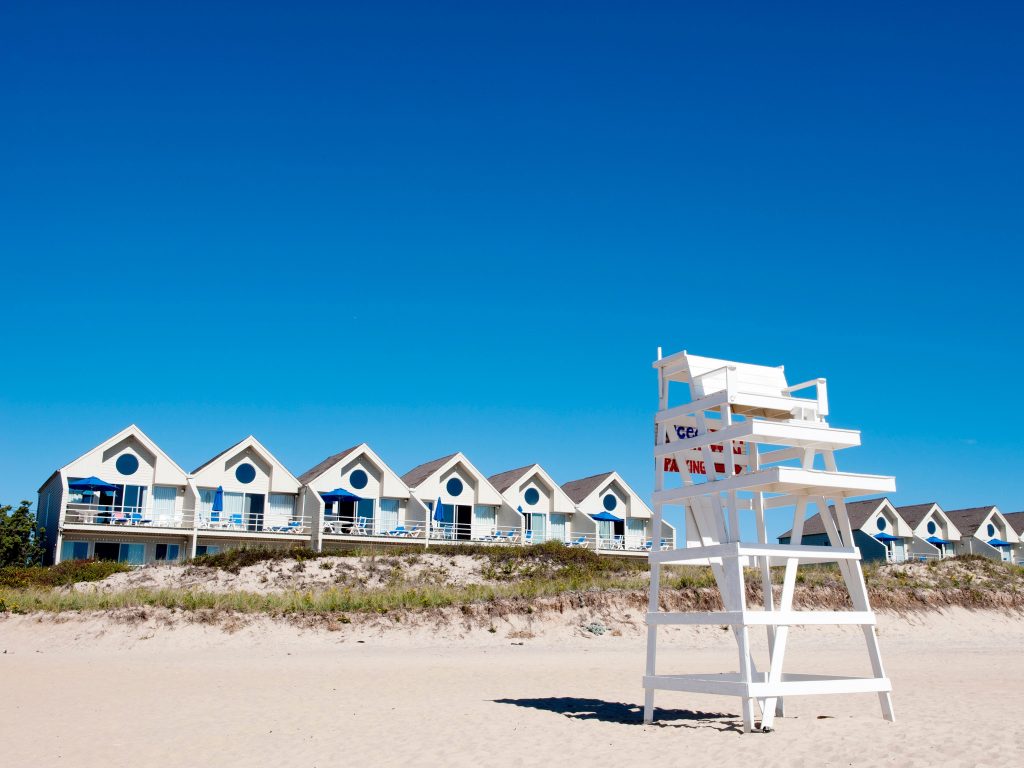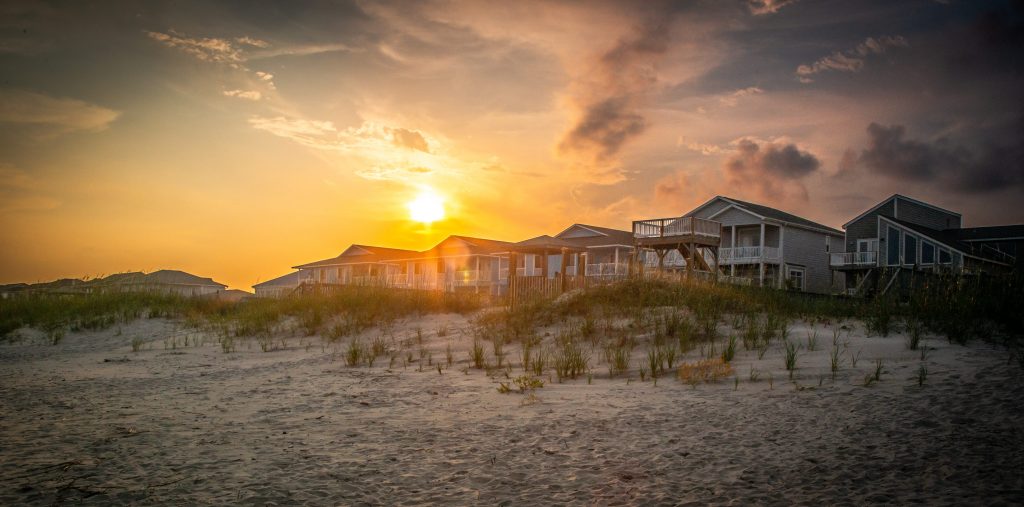- One longtime Hamptons man went from living large to living in the woods for two years.
- Thomas worked for some of New York's richest residents and blew his money on parties and travel.
- He ended up broke and living in a tent just miles from some of his former clients.
In this As Told To, Insider's series of edited conversations about unique experiences, Doree Lewak talks to Thomas, 51, who spent more than ten years working as a concierge for some of the Hampton's wealthiest residents before finding himself homeless and living in the woods when the work fell off and he burned through all his money. He asked to remain anonymous in order to speak frankly.
This transcript has been edited for clarity.
As I was feasting on filet mignon and sipping champagne with Saudi royalty at the famous Topping Rose House in the Hamptons, I felt like I was on top of the world.
When I first came out to the Hamptons 25 years ago, a wealthy enclave about 100 miles from New York City, life was good. I was 25 and worked at the vineyards for years before becoming a personal concierge to the 1%. I attended to the whims of royals, oil tycoons, and hotel moguls. I was the guy they used to escape life for a little bit.
The Hamptons is the nexus of everything — money, women, drugs, sex. (Even though I've been asked a hundred times, I never procured drugs for anyone. I would never be a drug dealer and stayed away from drugs myself.)
I'd laze at Andre Balazs's swanky Sunset Beach hotel or at an event that's $30,000 a table just for fun. The moment I showed up at an exclusive event, people at the door would say, "Oh, Thomas is here." I wasn't on the list, and I didn't have to be — that's how connected I was.
Doors opened for me everywhere, and I rode this high, staying at clients' multi-million dollar mansions. It's a world people can only dream of.
I would meet wealthy, divorced women who would ride along with it, enjoying the lavish lifestyle. But when they realized I wasn't one of "them," they soured.
After a while, you realize the difference between mingling with wealth and actually being wealthy.
What I learned is that although I blended in very well — and could talk their talk — I was still an employee. Although I was in that world, I was also being hired — hired to entertain them during their limited time in the Hamptons to escape their own reality.
It's nice, but then I went back to my reality — emotional problems, drinking too much, and depression. They have their multi-million dollar summer houses, and I went back to my modest rental cottage. It's definitely a class divide.
When things were good, they were great. Some years, I would make $100,000 for four months of work in the summer; in other seasons it was $60,000. But after the summer, everything drops off. The rent was so high I couldn't afford anything.
In this business, I lost myself. It's a world that 99.99% of the population can't understand, a world people can only dream of. But you lose your soul. I found myself in a world that's so seductive, but when you're not a corrupt person, it fucks with your mentality and perception of things. I was lost in a world of decadence.
One client said, "You're the quintessential Peter Pan." But I wasn't. I had to grow up.

I went from living in mansions to living in a 6-by-6 tent in the woods
I had lost both my parents and lost what I felt was my emotional support system. When you're up high and you fall, it's hard. You can find yourself with nothing.
Eventually, my heart wasn't in the work I was doing, and clients noticed. People would say, "He's not as much fun." I was on my way down and falling apart. One low point was passing out drunk next to a swimming pool at a party, waking up grateful that nothing worse happened to me.
I had to go live a normal life for $20 an hour. There were odd jobs — as a manny, in carpentry, welding — but it wasn't close to the kind of money I was making before. I couldn't afford my cars, a Jaguar and an old Mercedes convertible, anymore. Now it was a bike or scooter with a basket for my stuff.
I'd blown all the money I made on hotels in New York City, trips to Europe, including Scotland to visit family, and taking friends out to expensive restaurants, where a five-person table can easily become an $800 bill.
The money ran out. There was no work in the winter here for what I do. After living in waterfront places in Sag Harbor when things were good, my $1,200 rent doubled to $2,400 in a booming real estate market that I couldn't afford. You go from living in nice cottages down the line to crashing in a friend's spare bed to couch surfing.
I ran out of options.

I bought a camouflage-colored tent from Kmart, and found a spot deep in the woods of East Hampton near the railroad tracks. (The animals steer clear because of the noise.) This became my new home for the next two years.
But this was not like my early 20s, backpacking through the Pyrenees with friends.
You had to have your story ready in case a cop came. I didn't know what was scarier: being caught by a cop or by someone I knew. I just kept thinking, "How am I going to get out of this?"
Sometimes, I would sleep in the woods one day and the next, some rich person who's in Miami for the season, would offer me their waterfront home in Southampton. I'd stay in the garage while the house was under construction and sign for packages.
But soon it was back to life in the woods in my 6-by-6 tent with my little wood-burning stove, eating 90-cent cans of beans from King Kullen.

You have to learn all the tricks to survive in the woods
The $80 a month gym membership was essential — I showered, worked out, used the sauna and bathroom — before going back to sleep in the tent.
But it was more essential to know all the tricks not to come up on police radar.
You have to be deep — but not too deep — in the woods in case you need to get out to a main road. You don't want any cars to see you come out of the woods. You need to be invisible. If someone comes by and sees a guy with a knapsack, they'd see the tent and call the police.
Making fires in the woods is definitely off-limits. It would attract attention. But I managed to keep warm because the tent creates a lot of heat.
The summer heat was worse, and you had to get up early enough before the sun would bake you.
You cry yourself to sleep, thinking, "How did I get here? What did I do wrong?" Then you wake up in the morning, and it's a new day. You think it can change. You keep thinking there's a light at the end of the tunnel, taking side jobs for up to $250 a day in cash, but it's steady enough to get you out of the hole.
Sleeping on two yoga mats in a tent in the cold and heat takes a toll on you, mentally as well as physically.
You feel your body change when you sleep in the woods. There's no REM sleep — what if there's a dog or deer? Despite the urine-soaked tent to keep animals away, one time in the middle of the night a group of four or five deer smelled the food in the tent and encircled me. It scared the hell out of me. Your senses are heightened. You're never fully sleeping.
Still, I couldn't shake the fear that someone in the woods would find me and beat me up.
Slowly, the pieces started coming back together. I started feeling good about myself again. The work picked up and I got back on my feet. I plan upscale events now and live in a little cottage. I stay afloat. When money comes in now, I use it more wisely. I learned to be a lot more responsible.
But people are struggling. There are really no shelters out in the Hamptons, which is appalling considering these are the richest zip codes in the country.
After staying awake so many nights in the woods, you get clarity about what's important: Now, at age 51, I 100% have a deeper appreciation for life. Nothing is ever the end of the world.
For people struggling, I say hang in there and go to people for support. You'll get out of it.










